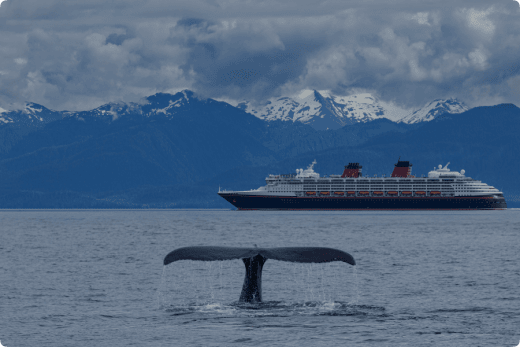Why cruises offer the best travel value in today’s economy

Wallet-conscious travelers are discovering what savvy vacationers have known for years: in today's challenging economic landscape, many American families find themselves caught in an emotional tug-of-war. The desire to create lasting memories through travel collides with the anxiety of financial instability. Families across America struggle with this dilemma, wanting to provide enriching experiences for their children while being mindful of economic volatility.
Despite economic uncertainty, 63% of U.S. adults have traveled or plan to travel for leisure in 2023, and 44% of those travelers have spent or plan to spend at least $1,000 on their trips according to a survey from BankRate. This is notable considering that 57% of Americans cannot cover an unexpected $1,000 expense from savings, highlighting the deep emotional importance families place on travel experiences, even as they navigate financial concerns.
On this page:
- Why cruising stands out in turbulent times
- How to maximize your cruise value
- Looking ahead: The future of cruise value
Check out budget cruises:
Why cruising stands out in turbulent times
With cruise prices undercutting comparable land vacations by a staggering 50% in 2025 and record-breaking passenger numbers reaching 37 million globally this year, savvy travelers are flocking to cruise ships in unprecedented numbers. The math is compelling: families save an average of $1,822 per vacation while enjoying experiences spanning multiple destinations, all with the financial certainty that's increasingly precious during volatile economic times. Beyond the headline-grabbing price advantage, cruising offers several concrete benefits that traditional vacations simply can't match:
1. Exceptional value proposition
Cruise vacations have historically been 15-20% cheaper than comparable land-based options, but that gap has now widened to a remarkable 50%, according to Truist hotel and cruise analyst Patrick Scholes. This dramatic difference makes cruising the clear financial winner for budget-conscious travelers.

